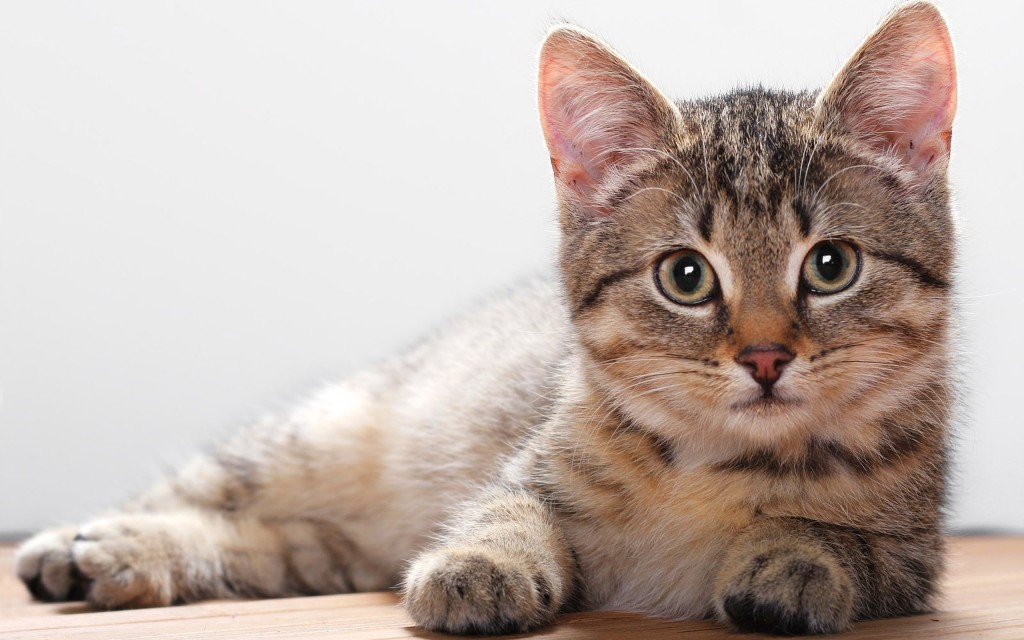Having a cat as a pet can be a delightful experience. Wondering about care? Cats are generally low-maintenance compared to other pets. Unlike dogs, cats require less constant supervision. They clean themselves regularly, manage their movements carefully, and rarely mess up their surroundings. However, having your cat’s teeth and overall health checked periodically is essential to ensure their well-being. Despite proper care, cats can sometimes gain excessive weight, lose muscle tone, and become less agile. Following basic health guidelines is crucial to extend your cat’s lifespan, as they age five times faster than humans. This article provides essential tips on keeping your cat healthy.
Spaying and Neutering Your Cat Many: pet owners hesitate to spay or neuter their cats, but this simple procedure can solve many problems. Neutered cats are less likely to engage in territory marking or fights with other cats, especially those of the same gender. For female cats, spaying eliminates the heat cycle, reducing the urge to seek a mate. This procedure promotes a more peaceful environment for the cat and the owner. If you’re considering this, make sure to consult with your Veterinarian.
Visit the Veterinarian Regularly: Just as people benefit from annual health check-ups, cats need regular vet visits, too. Even if you do your best to care for your cat, a vet can spot early signs of health issues you might miss. The vet can also provide tailored dietary recommendations, which play a key role in prolonging your cat’s life. A balanced diet is crucial for maintaining your cat’s health and longevity.
Comfortable Sleeping Area for Cats: Cats love to sleep in quiet, clean spaces. Ensure that your cat’s resting place is free from noise and distractions. Cats dislike being disturbed during their sleep. You can allow your cat to sleep on your bed or provide a dedicated blanket or bed. A cozy sleeping environment will ensure your cat gets the rest they need.
Proper Nutrition for Cats: To find the best food for your cat, consult your vet. If that’s impossible, try a mix of wet and dry cat foods available in the market and observe how your cat responds. Commercial brands generally offer better nutrition compared to homemade meals. A nutritious diet is essential for keeping your furry friend healthy and boosting their immunity.
Minimize Stress for Your Cat: Stressful situations can have long-term adverse effects on your cat’s health. A safe, quiet, and elevated space can significantly reduce stress. Cats are independent by nature and enjoy observing their surroundings from a distance. Toys can help relieve boredom, especially since indoor cats don’t have the opportunity to hunt. Play helps with their physical exercise and keeps them entertained.
Keep Your Cat Indoors: While cats may enjoy playing outdoors, they risk encountering other animals, aggressive humans, or even traffic. Some cat owners create secure outdoor enclosures to enjoy the fresh air safely. Ensuring your cat’s safety while outdoors is crucial.
Monitor Unusual Behavior: Pay close attention to any changes in your cat’s behavior. Excessive sleeping, weight loss, unusual vocalization, or changes in posture could be signs of underlying health issues. If you notice these, consult a vet immediately. Observing your cat’s behavior can help prevent serious health problems.
Vaccinations Regular vaccinations are essential to protect your cat from serious illnesses. Seek help from a professional to administer the vaccines, and avoid using homemade remedies. Following your vet’s vaccination schedule is crucial for your cat’s well-being.
Litter Box Hygiene: A clean litter box is vital for your cat’s hygiene. If the litter box is dirty or has a strong odor, your cat may refuse to use it and look for another spot. Place the litter box in a quiet, secure area. The number of litter boxes should match the number of cats in the household.
Restricted Areas in the Home Like children, cats explore places they shouldn’t. To prevent accidents, ensure that dangerous areas like the kitchen, toilets, or places with exposed wires are off-limits to your cat.
Scratching Posts and Climbing Poles If you’re concerned about your cat’s exercise, a climbing pole can be a great solution. Cats enjoy stretching and sharpening their claws on posts, which also helps protect your furniture. Additionally, climbing helps remove dead skin, keeping their coat healthy.

